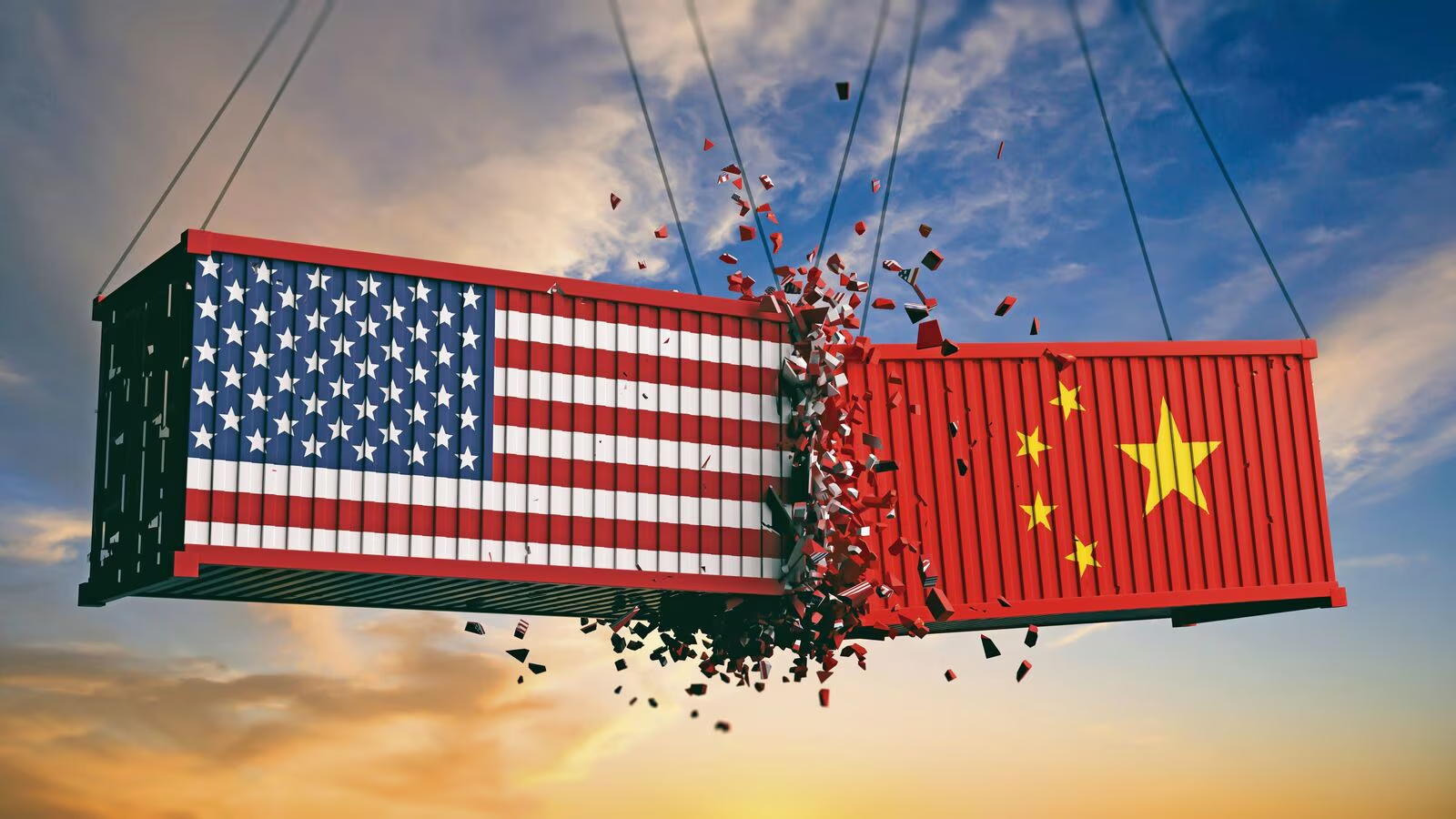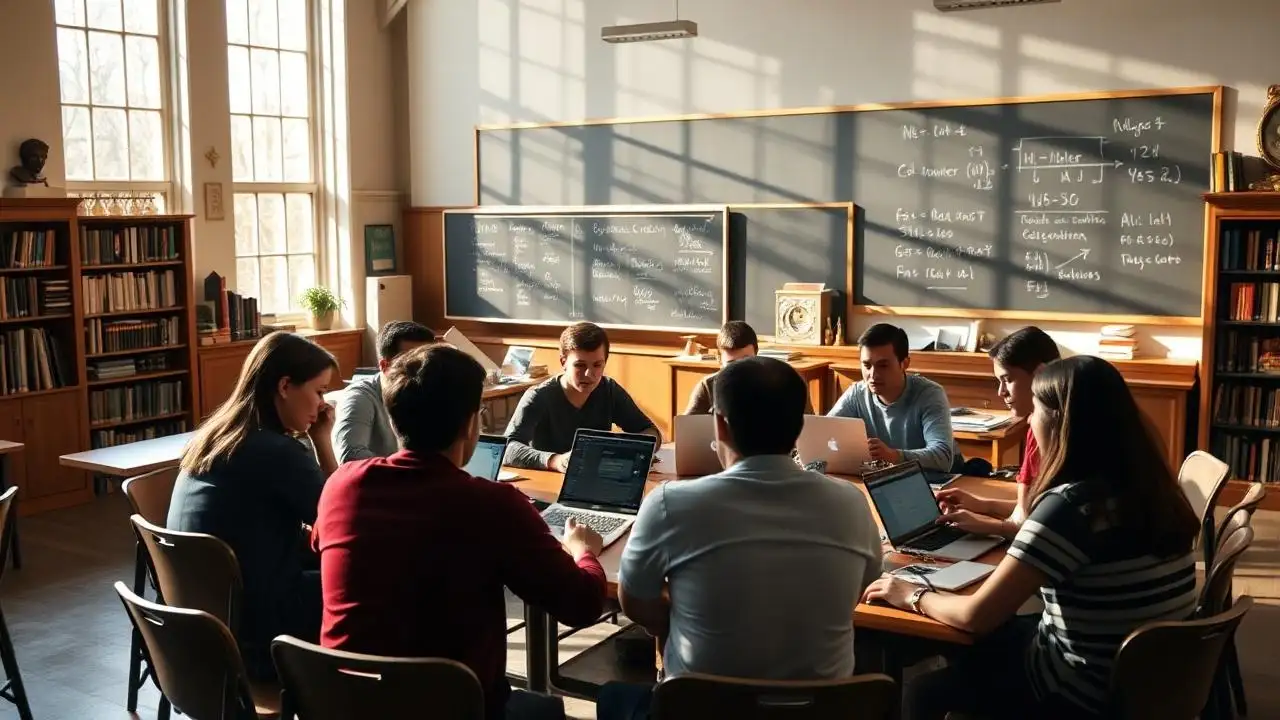
The Significance of US Educational Exports on the Global Stage
The United States has long been a dominant player in the global education market, drawing students from around the world and bolstering its international reputation for academic excellence. These educational exports not only generate significant economic revenue but also foster cultural exchange, international collaboration, and soft power diplomacy. According to recent studies, however, this vital sector faces unprecedented threats due to ongoing trade tensions and escalating geopolitical conflicts.
Recent analyses, such as the one published in The Coast News, highlight the alarming prospect that a trade war could jeopardize one of the country’s top exports — education. While most people associate trade wars with automobiles, technology, and agricultural products, their ripple effects extend far beyond physical goods. The international student industry, valued at billions of dollars annually, is equally vulnerable, with potential consequences rippling across institutions, local economies, and the broader national reputation.
Understanding the Nexus Between Trade Conflicts and Education
Economic Implications
The economic impact of trade disputes is multidimensional, affecting visa policies, tuition revenue, and foreign investment in US educational institutions. Countries embroiled in trade conflicts often respond with retaliatory measures, including restrictions on student visas, academic collaborations, or financial transactions. Such policies can lead to a decline in international student enrollment, which previously contributed significantly to funding universities and enhancing research output.
The recent study underscores that the declining trend in student enrollment can cause a chain reaction, leading to:
- Reduced funding for universities
- Fewer research opportunities
- Loss of highly skilled talent
- Decreased cultural diversity on campuses
Impact on the US’s Global Reputation
Higher education is a form of **soft power** — an instrument of influence that shapes perceptions and fosters international goodwill. When trade tensions lead to restrictive policies or negative perceptions about the US as an educational destination, the country’s reputation risks erosion. Countries that once considered the US as a premier academic hub may seek alternative destinations like Canada, Australia, or European nations, which are poised to welcome more international students.
Key Challenges Facing US Education Exports During Trade Wars
Diplomatic Strains and Visa Policies
Trade wars often intensify diplomatic tensions, which manifest physically in the form of tightened visa regulations and stricter entry requirements for international students. For instance, increased visa scrutiny, travel bans, or delays in processing times discourage students from applying or accepting admission offers from US institutions.
Policy Uncertainty and Its Consequences
Frequent policy changes during trade disputes create an unpredictable environment, making it difficult for prospective international students and their families to plan for education abroad. This uncertainty damages confidence in US higher education and risks turning away potential students.
Financial Barriers and Exchange Rate Fluctuations
Trade tensions often lead to currency fluctuations, making it more expensive for international students to afford US tuition and living costs. Additionally, restrictions on international banking or investments can further complicate tuition payments or financial aid processes.
Potential Long-term Effects if Trade War Escalates
Should the trade conflict intensify, US higher education faces several profound risks:
- Sharp decline in international student enrollment— leading to decreased revenue for universities and research programs.
- Erosion of global reputation— as the US might be perceived as a less welcoming or unstable destination for higher education.
- Loss of soft power influence— which could affect diplomatic relationships and international collaborations beyond academia.
- Impact on innovation and research— with reduced diversity and international partnership opportunities hindering scientific progress.
Strategies to Mitigate Trade War Effects on Education
Policy Advocacy and Diplomacy
Academic institutions and government bodies must actively engage in diplomatic efforts to safeguard educational exchanges. Clear communication channels, visa reforms, and international agreements can help preserve the flow of students and collaboration.
Enhancing International Recruitment and Collaboration
Universities can broaden their outreach to countries less affected by trade tensions or establish partnerships that foster student exchange programs. Diversifying sources of international students reduces dependency on any single country or region.
Embracing Technology and Virtual Learning
With technological advancements, US institutions can pivot towards online education and virtual exchange programs, ensuring continuity even if physical mobility is restricted due to diplomatic or trade issues.
The Broader Impact on US Diplomacy and Global Standing
Beyond economics, US higher education serves as a vital instrument of diplomatic influence. International students returning to their home countries often become ambassadors for American values, innovation, and culture. If trade conflicts diminish US’s attractiveness as an educational destination, this soft power asset diminishes as well, potentially impacting diplomatic relations and global influence.
Conclusion: Navigating Through Uncertain Waters
The intersection of trade wars and educational exports illustrates the complex, interconnected web of global diplomacy, economics, and societal influence. As the US faces these challenges, proactive measures and strategic collaborations are essential to safeguard its reputation and maintain its leadership in global higher education. Failure to address these issues not only threatens the economic benefits derived from international students but also risks undermining the US’s position as a beacon of knowledge and innovation on the world stage.
Ultimately, the resilience of US education exports depends on policymakers, educational institutions, and international partners working together to mitigate the adverse effects of trade conflicts and preserve the invaluable role of higher education in fostering global understanding.
For more updated news please keep visiting Prime News World.








